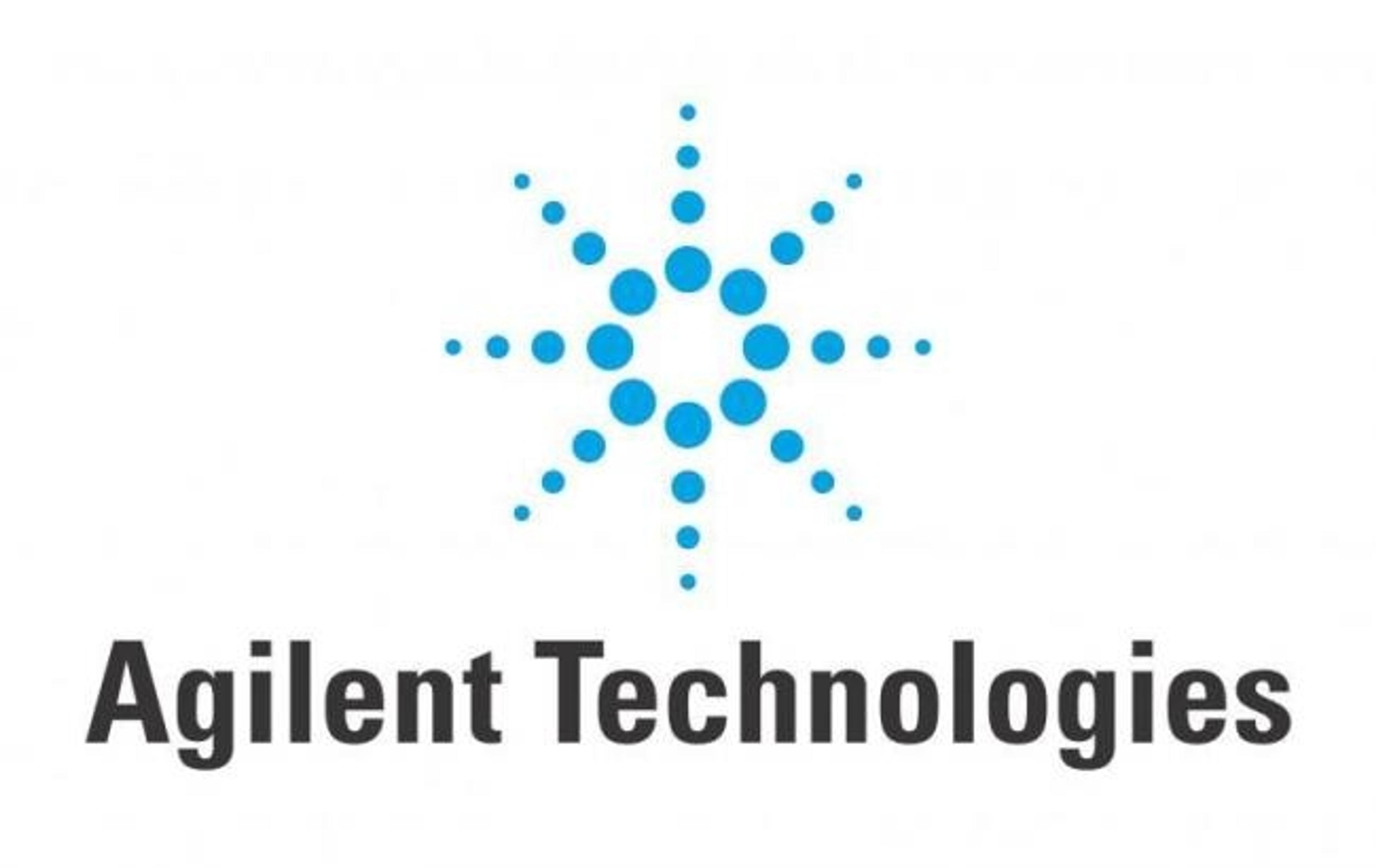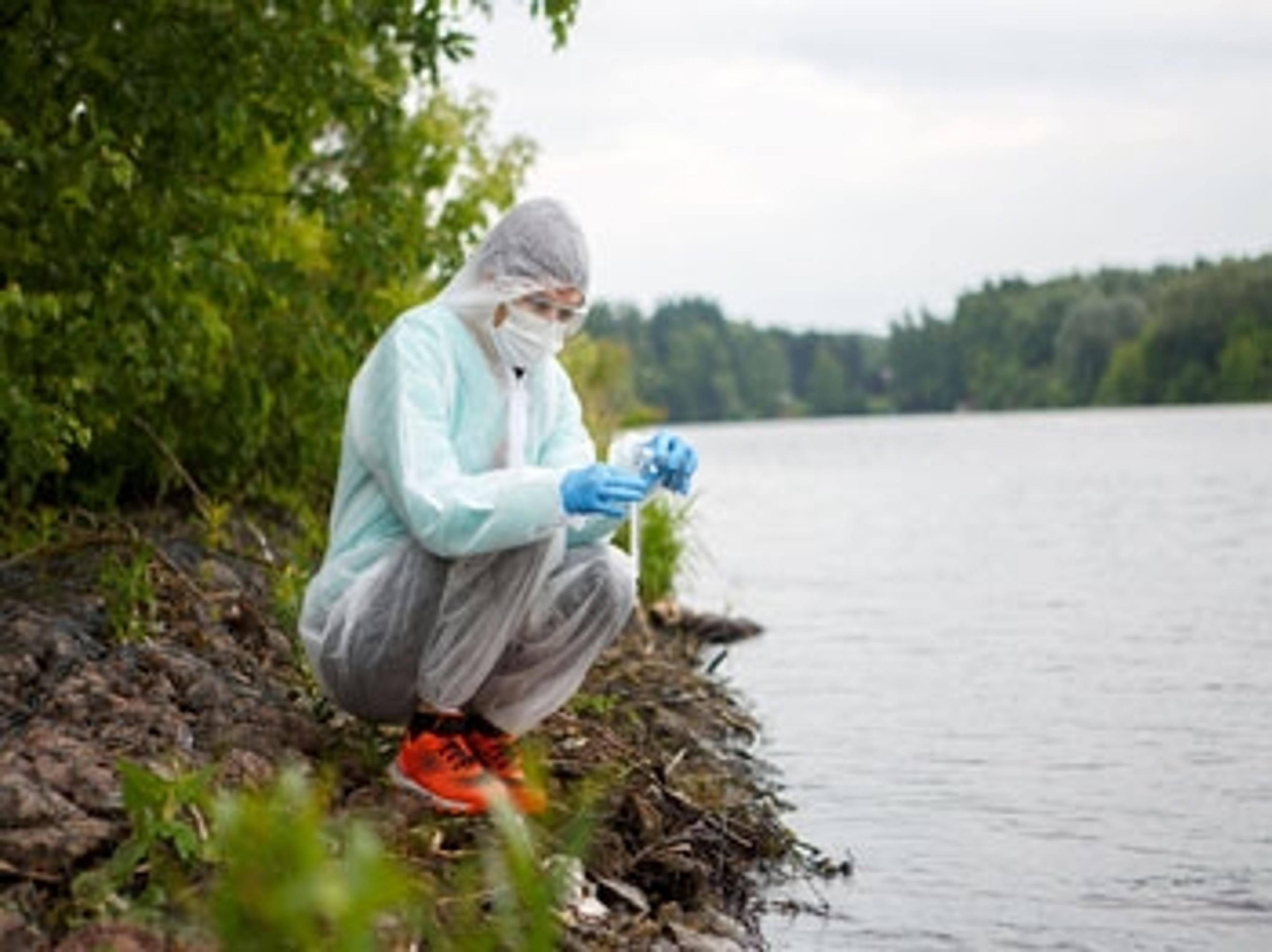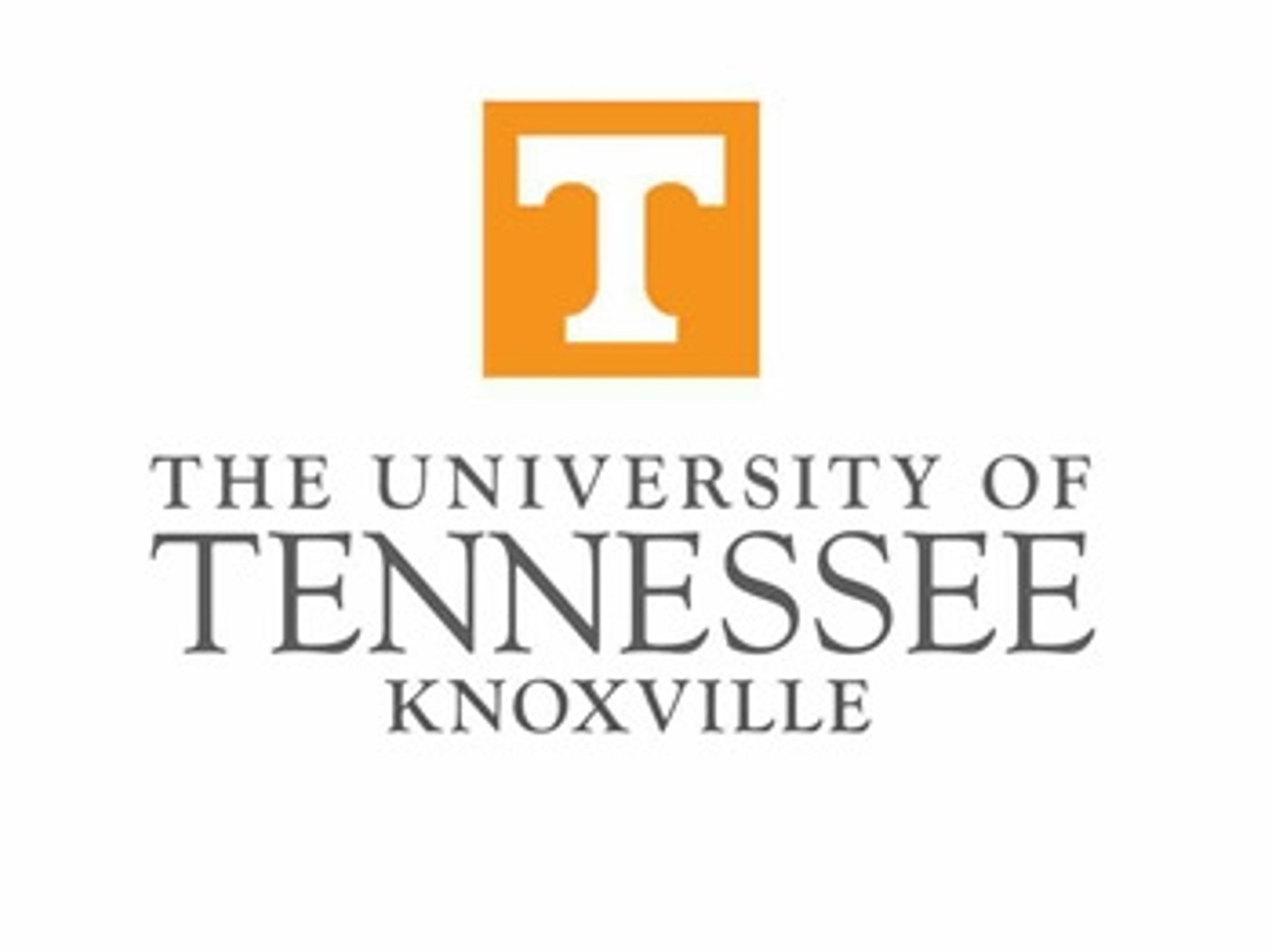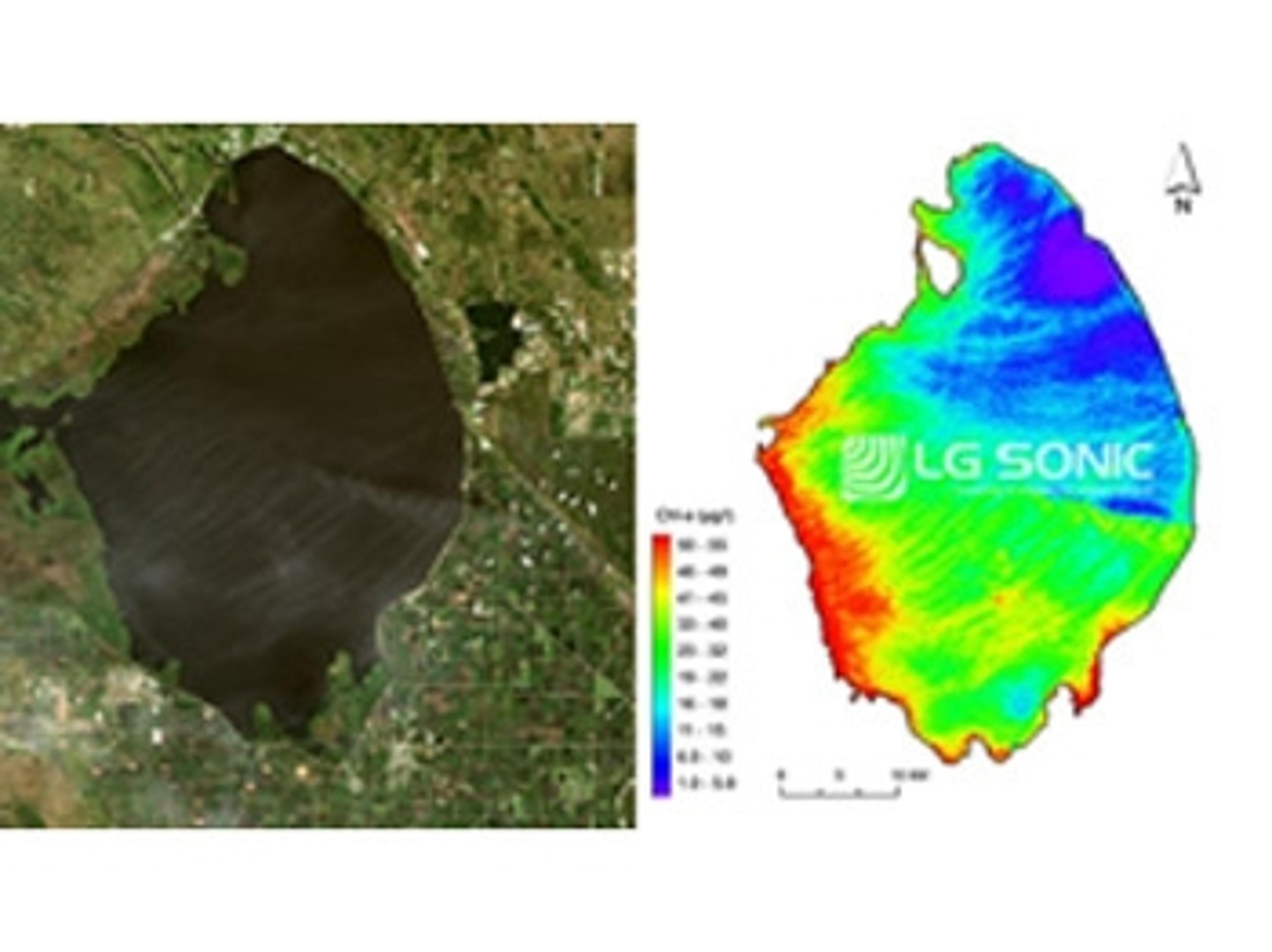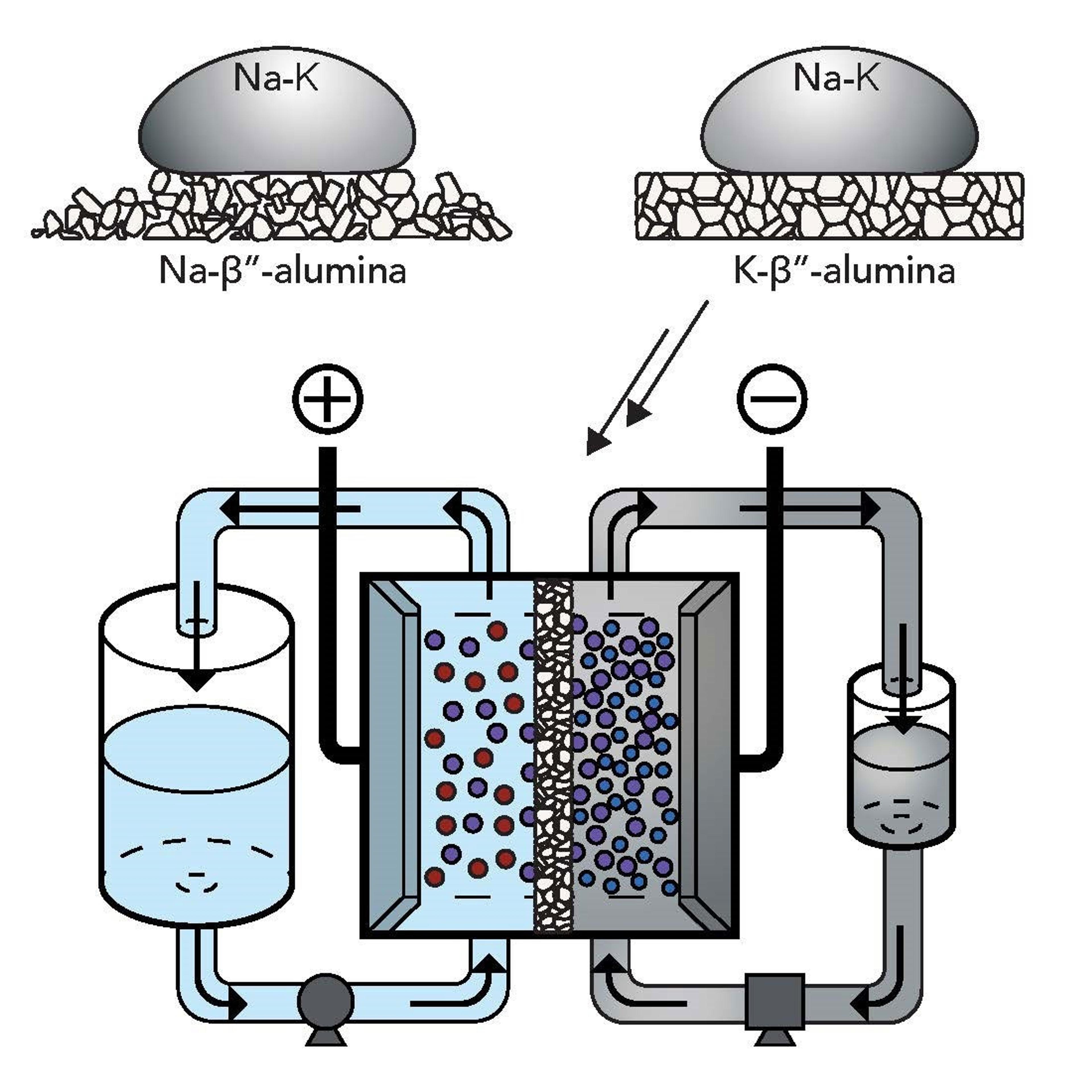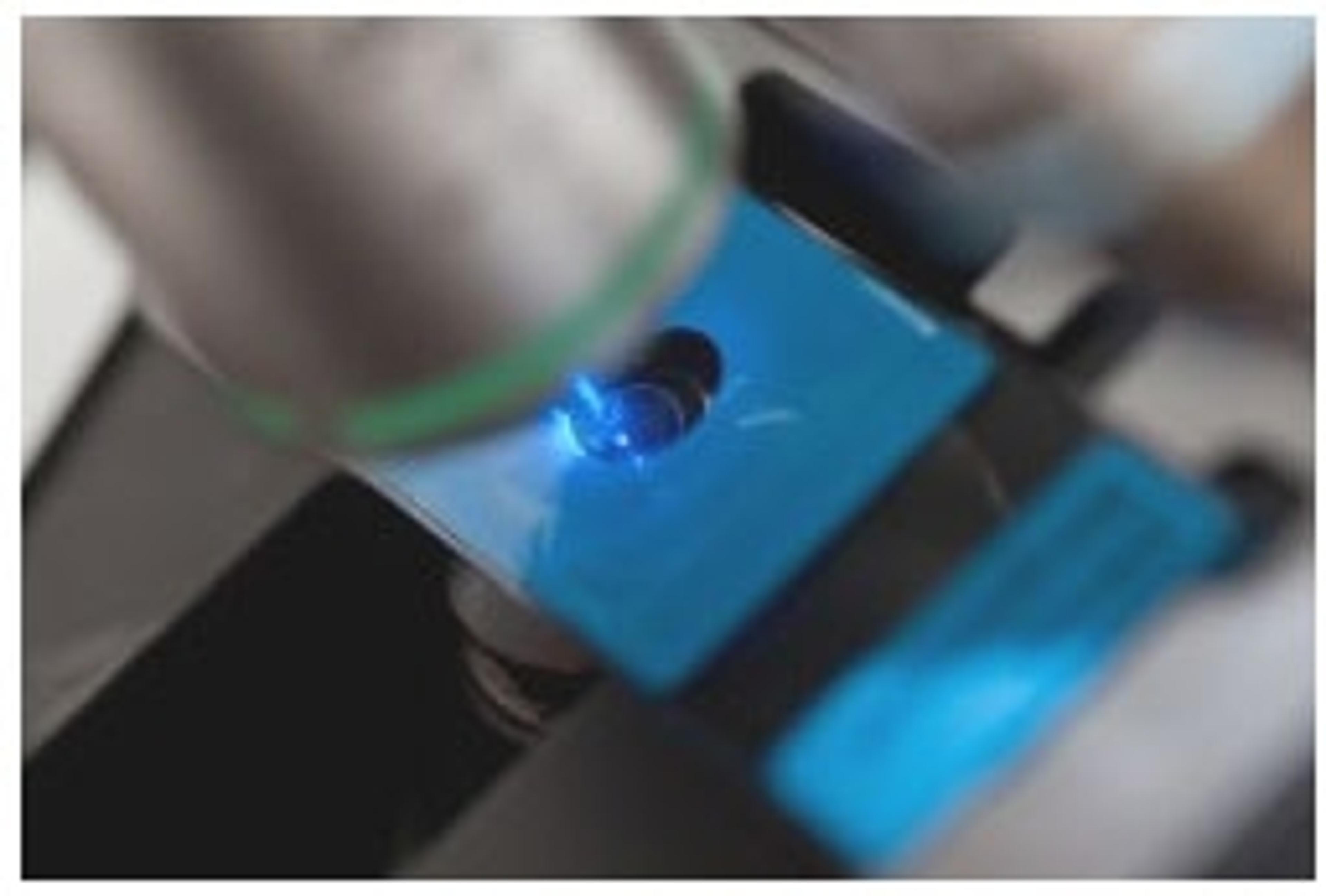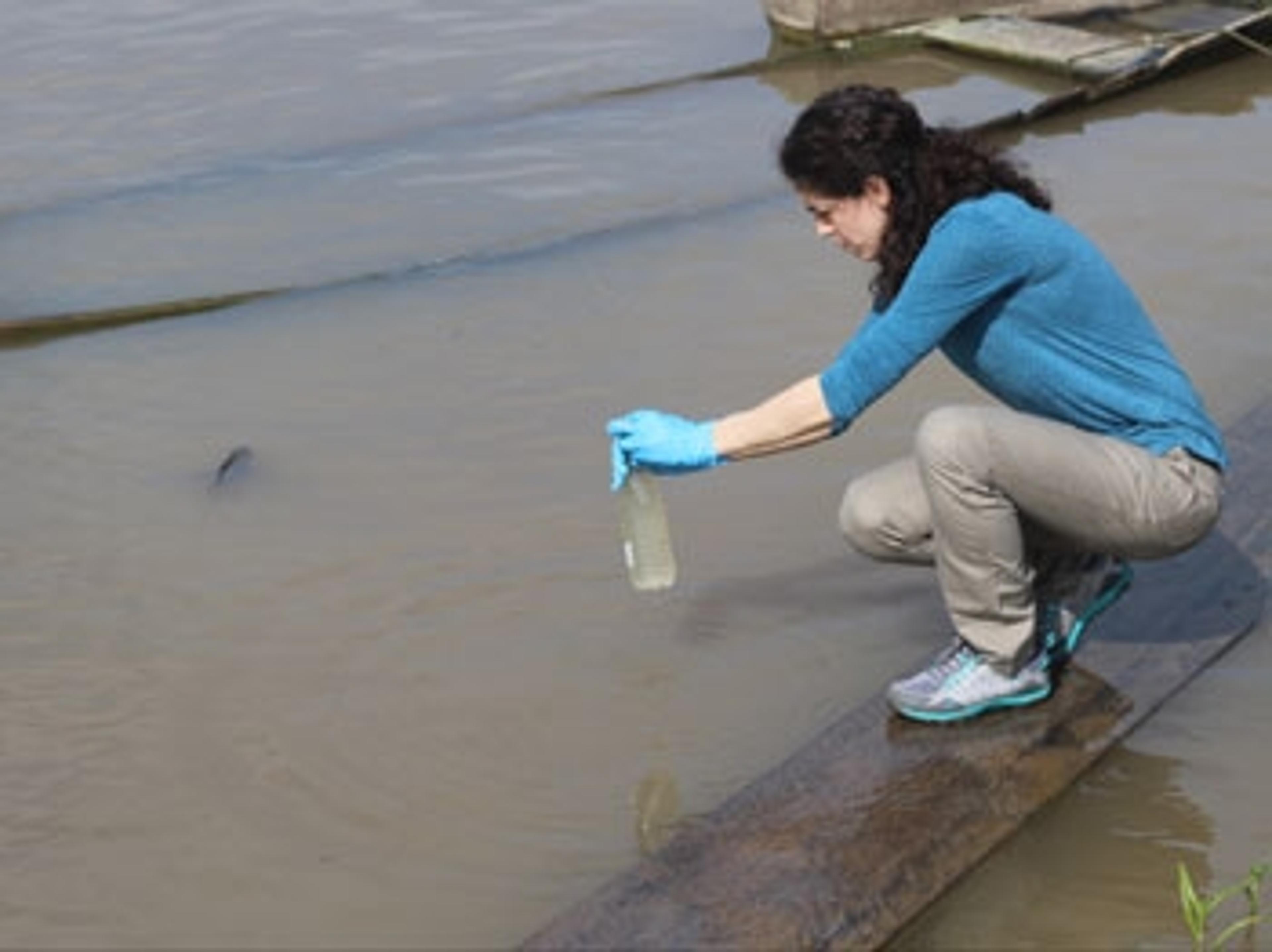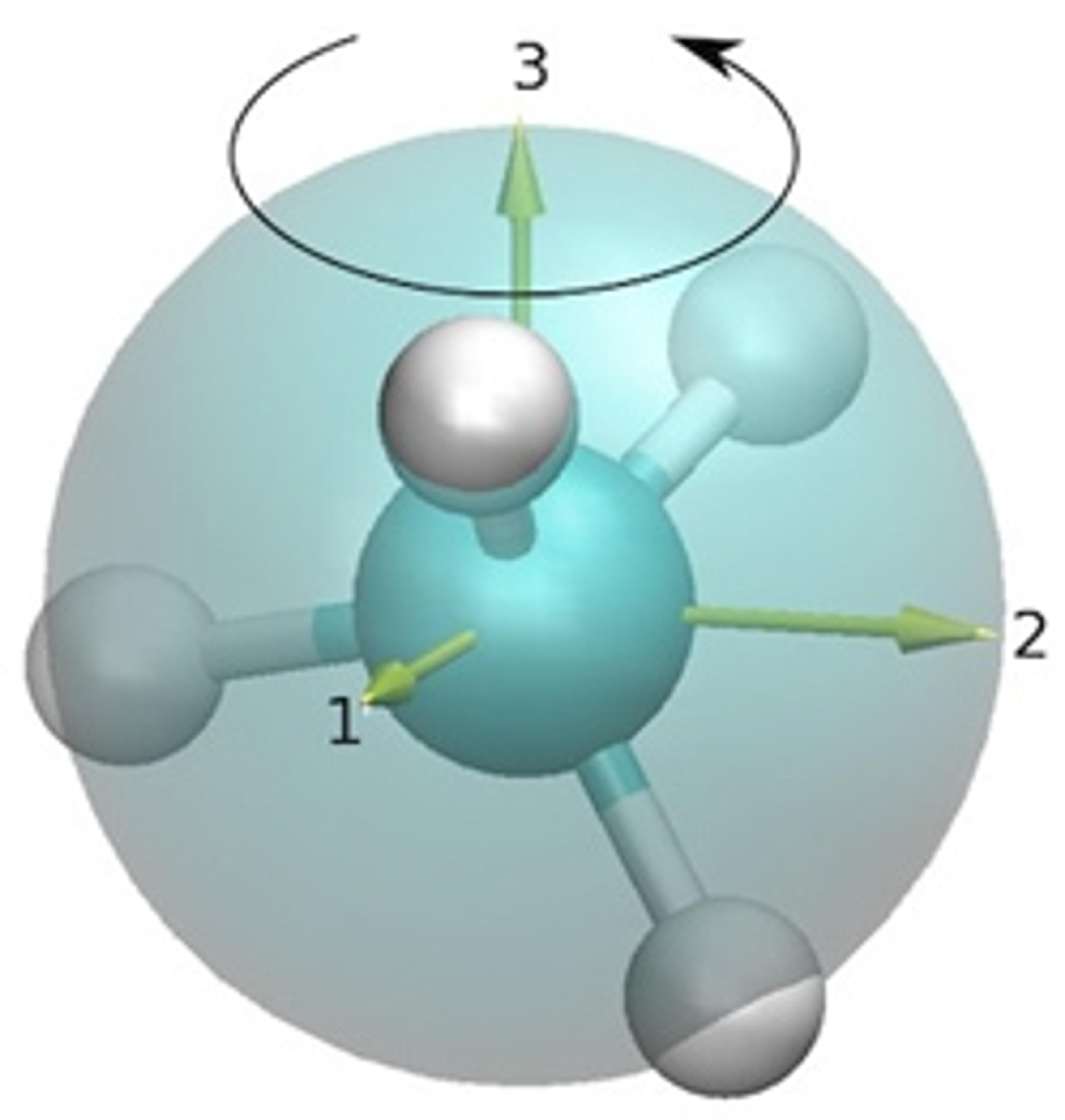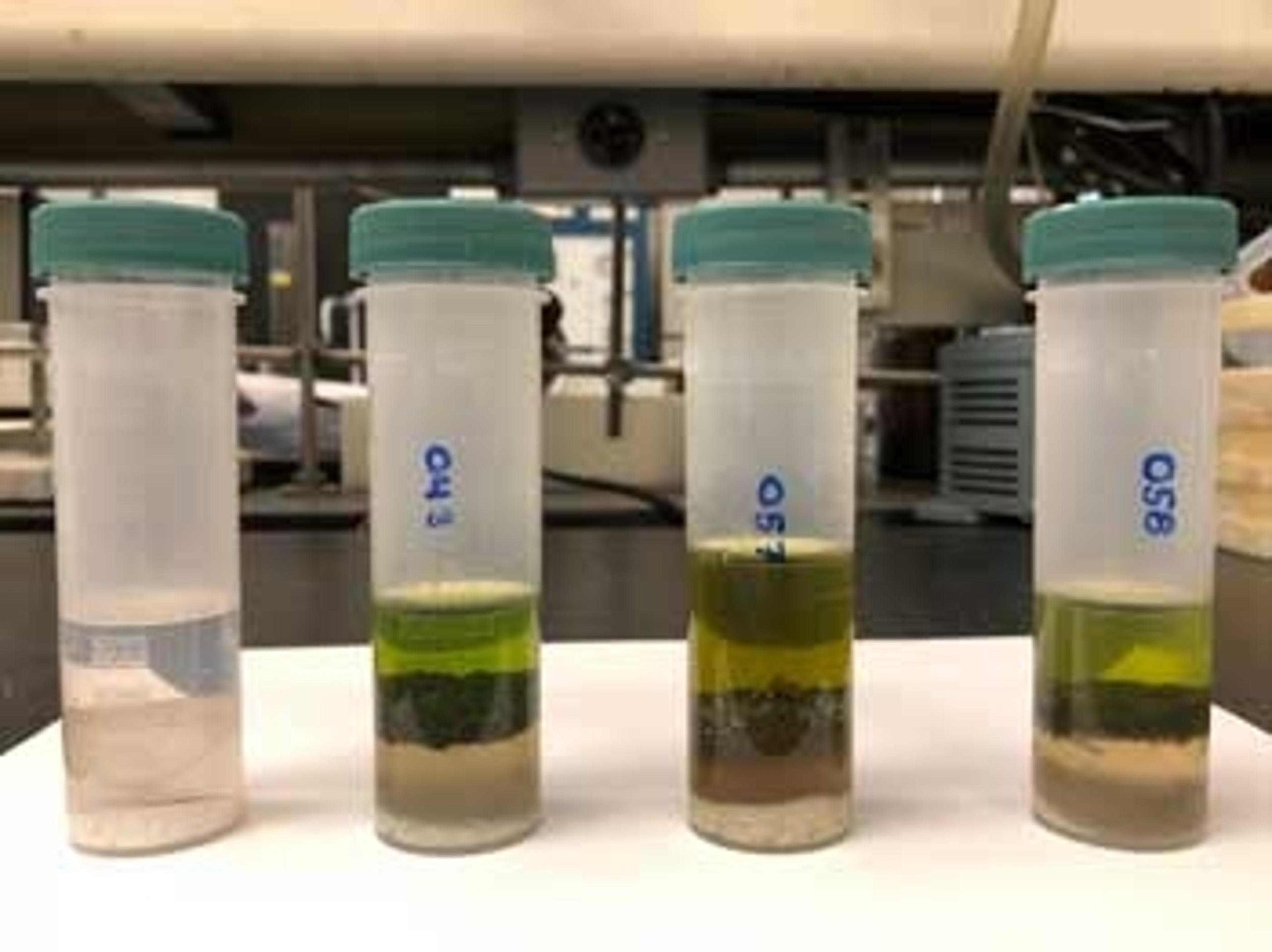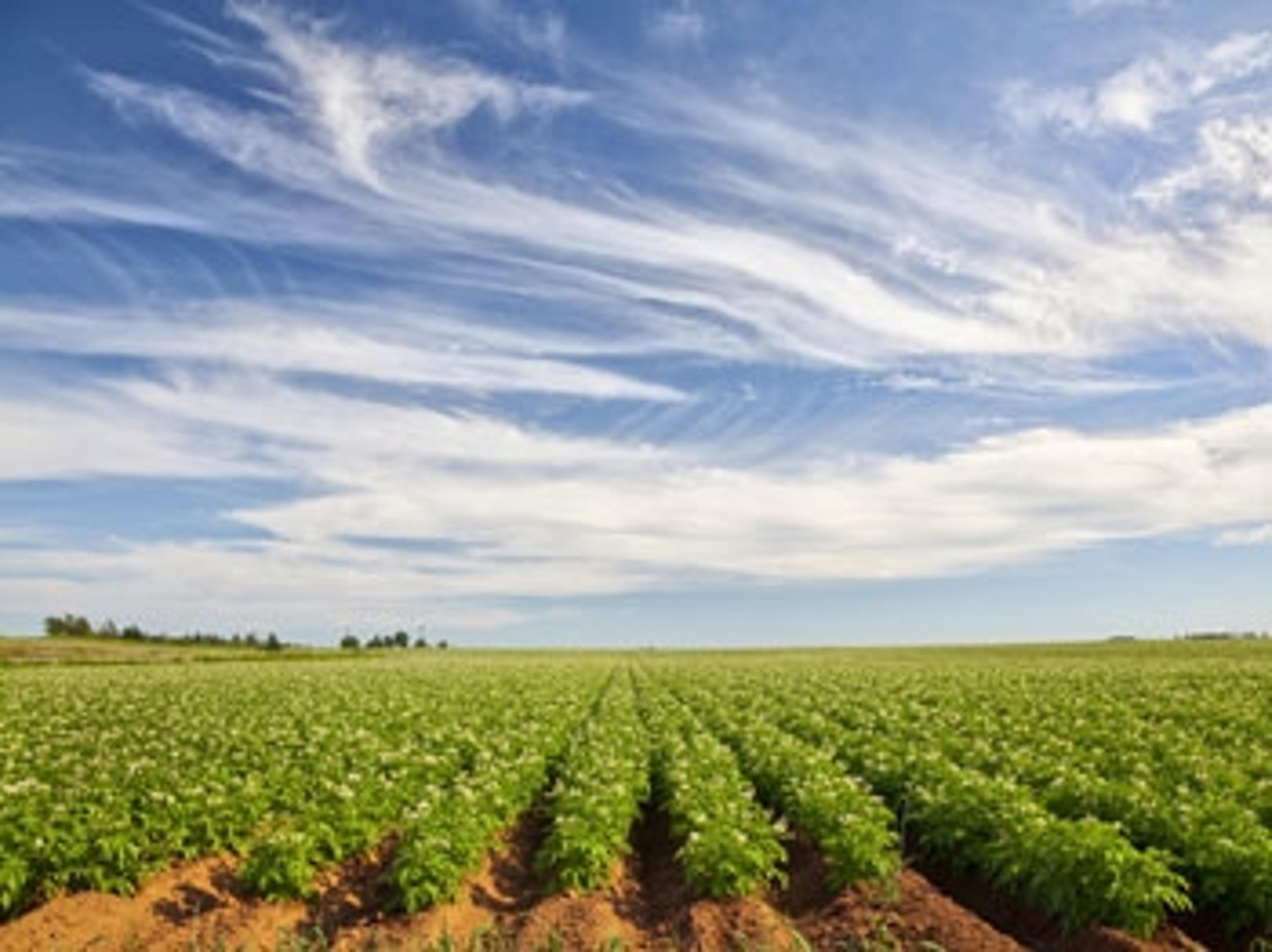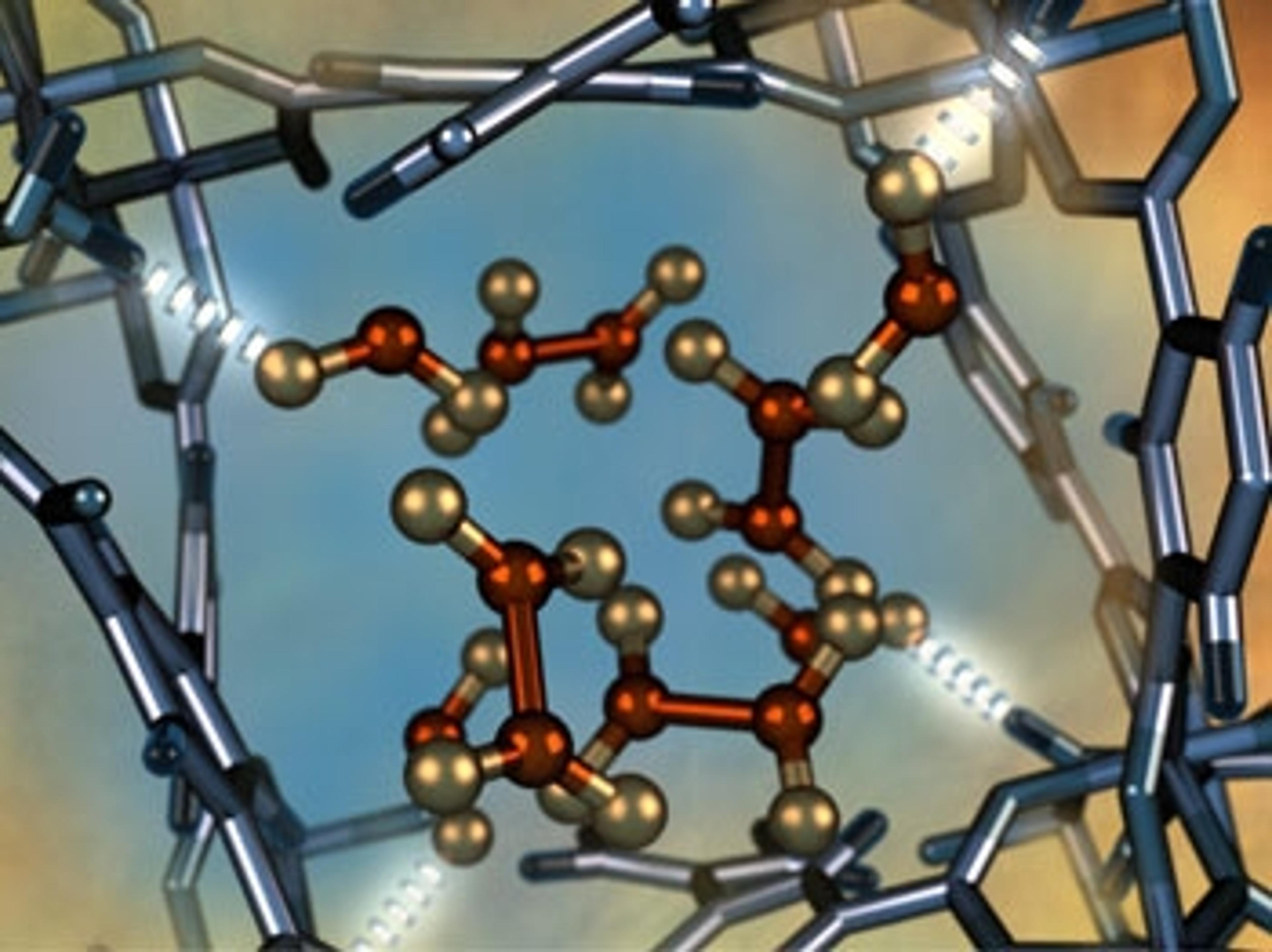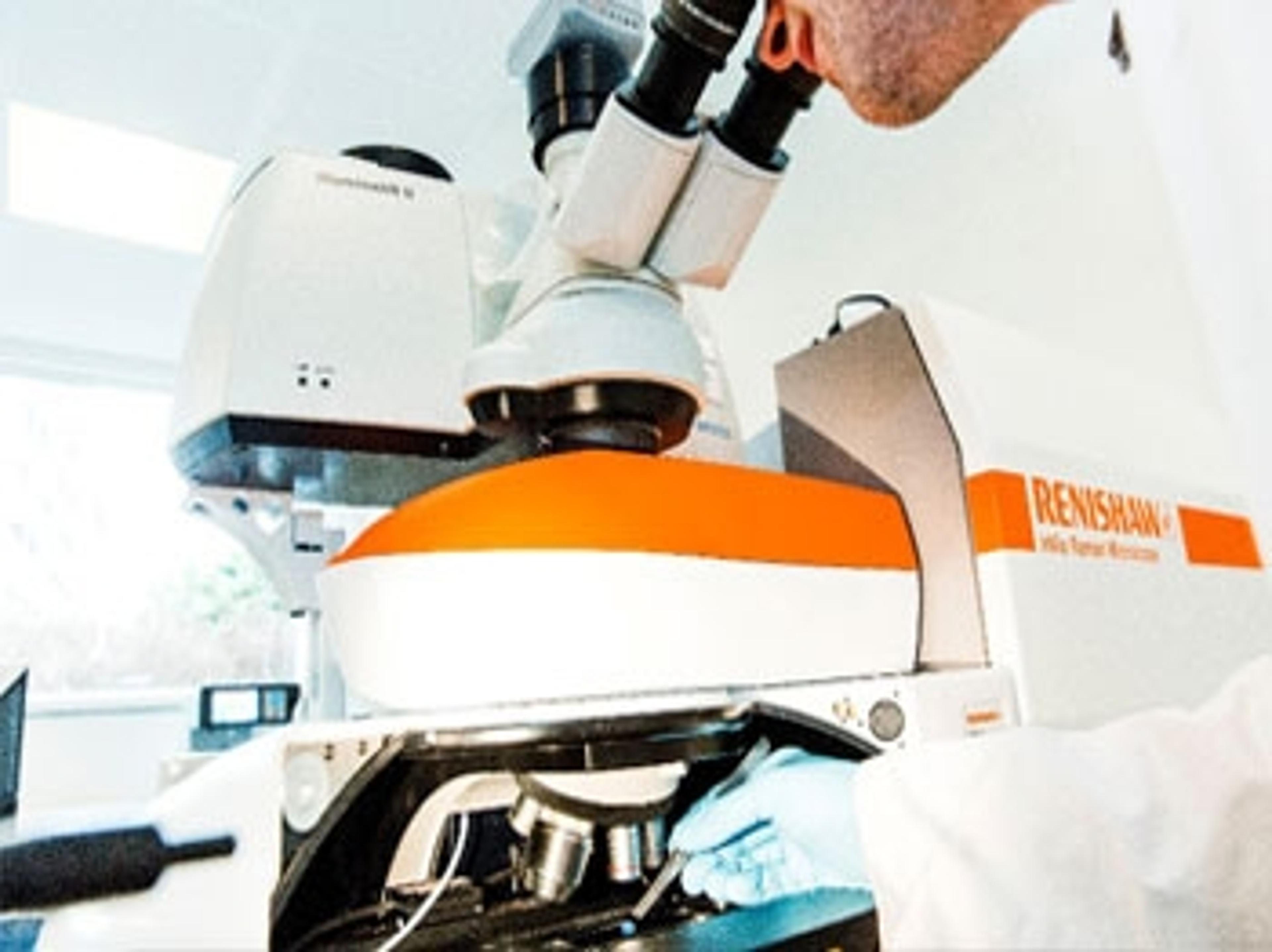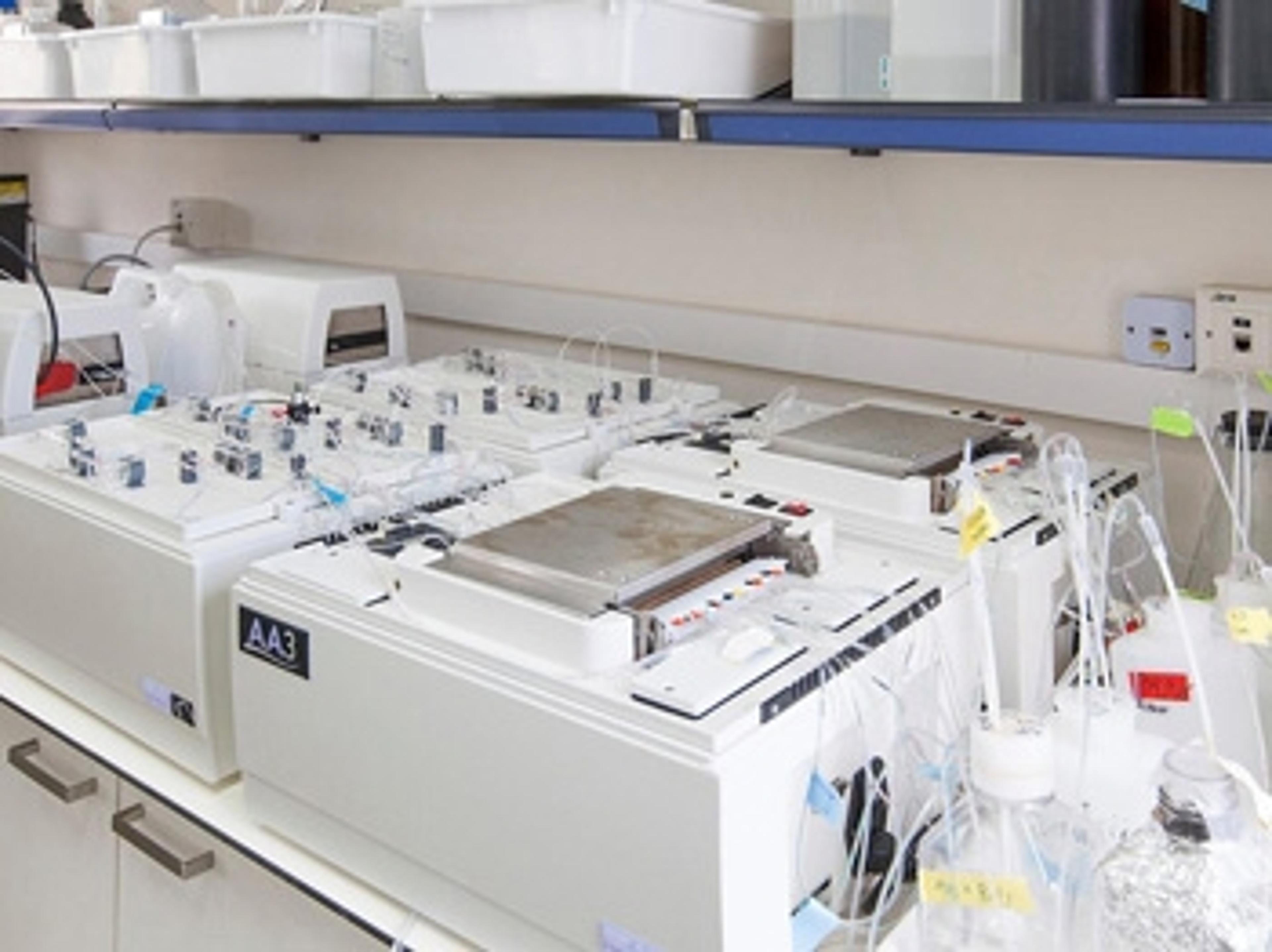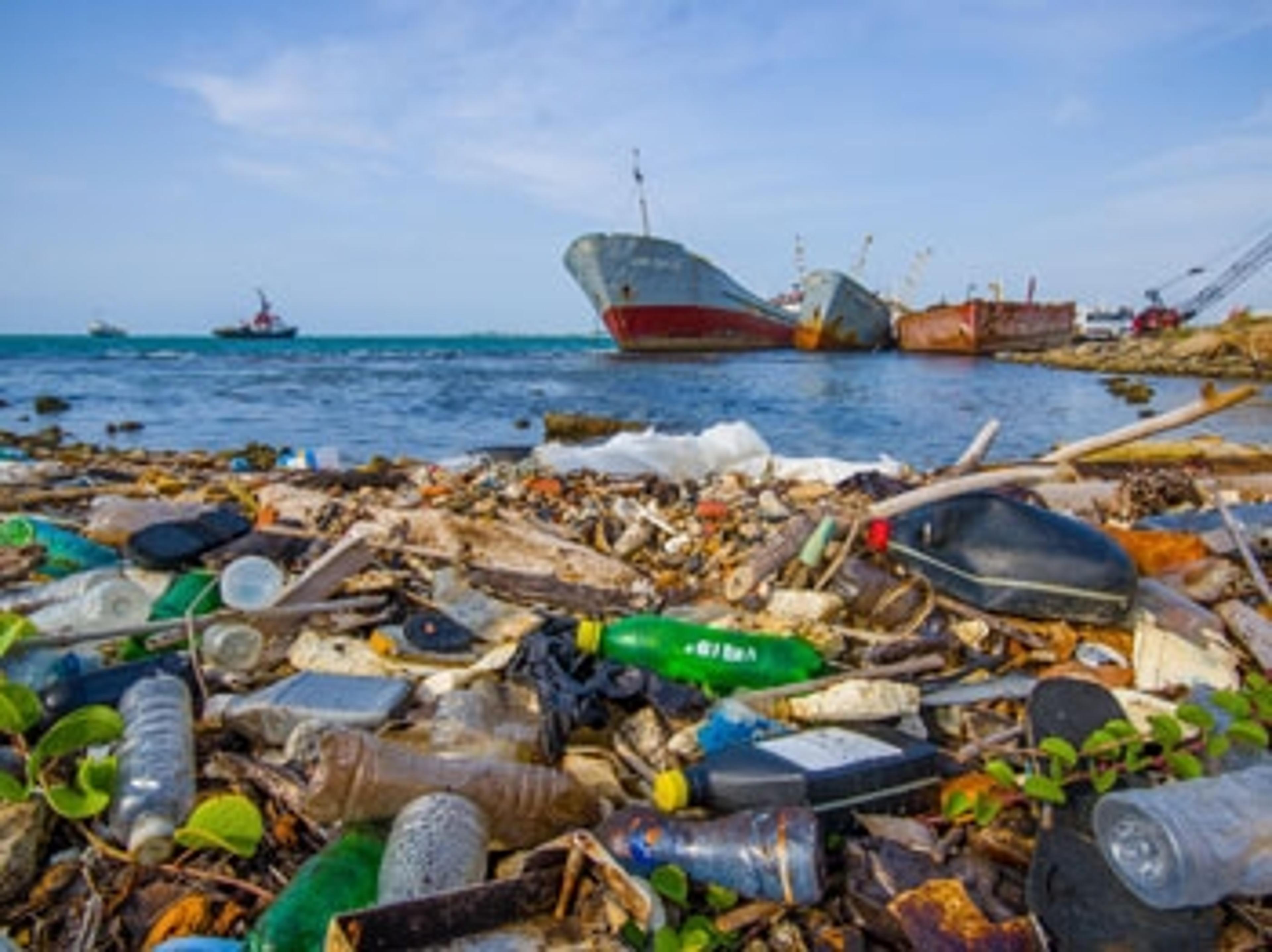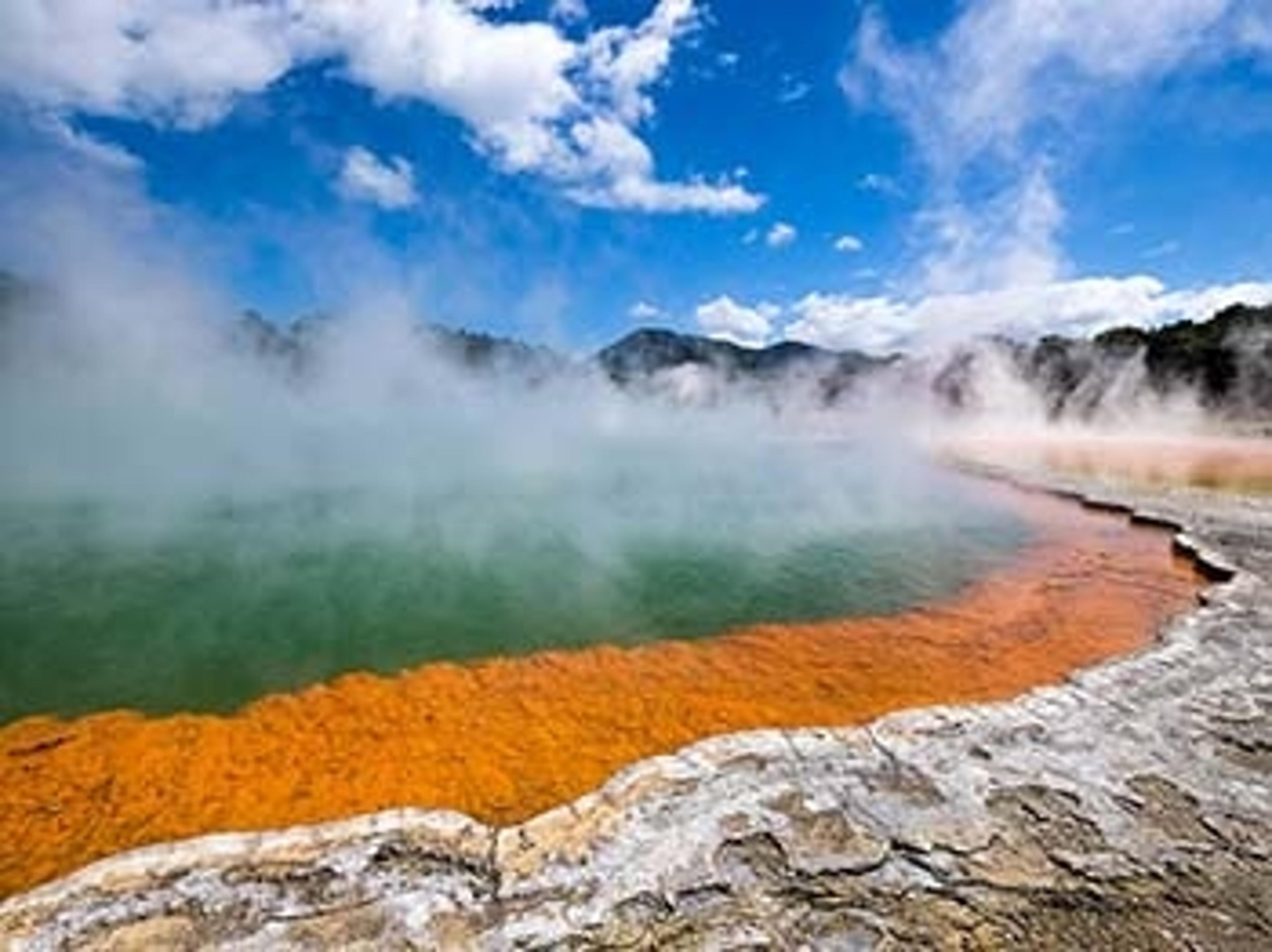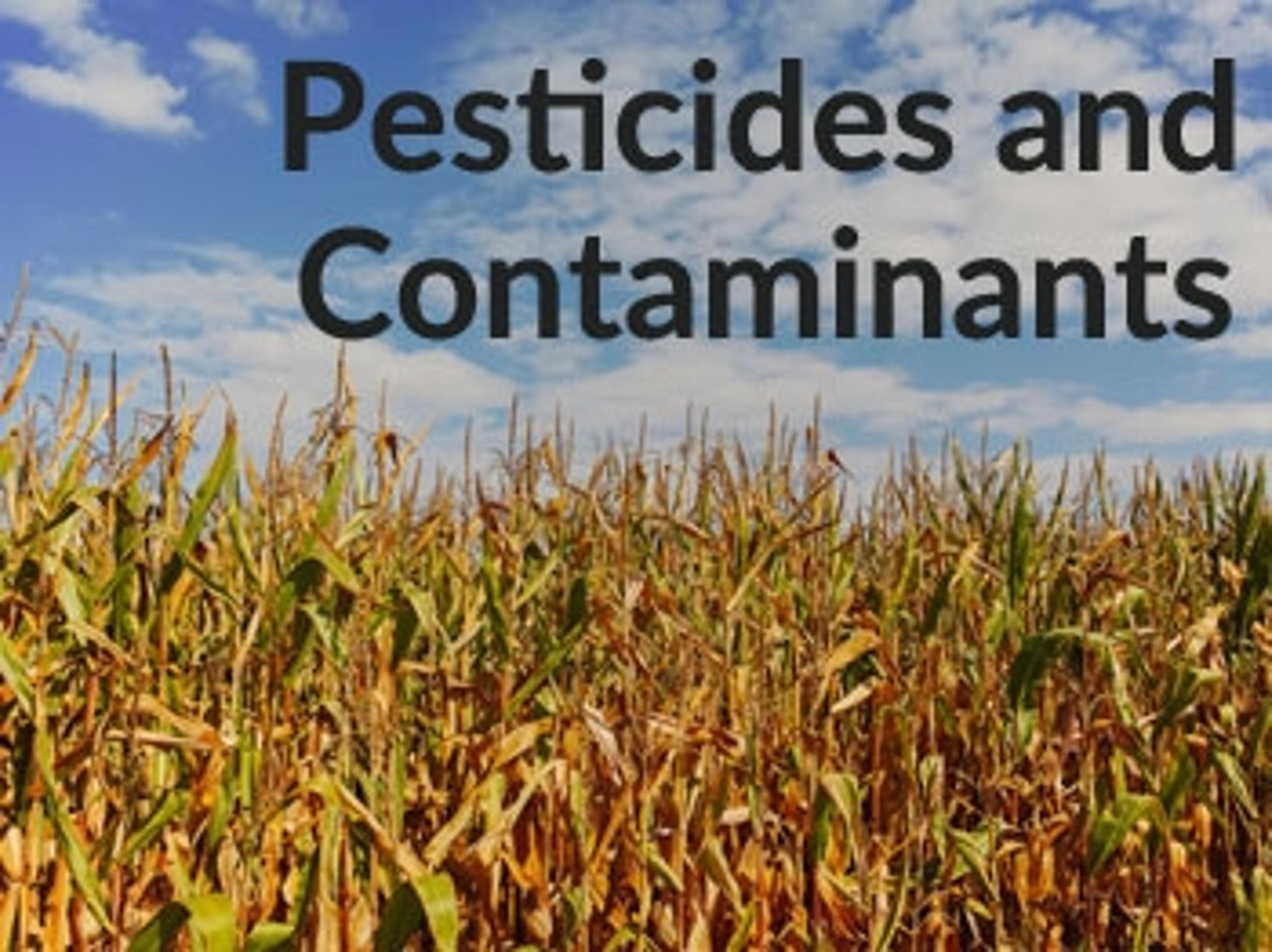News & Articles
Selected Filters:
Agilent and Nanyang Technological University Singapore to Develop Novel Approaches for Water Analysis
Collaboration Will Focus on Persistent and Emerging Contaminants
Webinar Highlights: GC-MS Solution Improves Productivity and Reliability of Routine Environmental Testing
Learn how you can improve routine environmental testing to meet EPA standards
Cell-Sized Robots That Can Sense Their Environment
Made of electronic circuits coupled to minute particles, the devices could flow through intestines or pipelines to detect problems
Natural Chromium Sources Threaten California Groundwater, Stanford Scientists Find
Natural sources of the toxic form of chromium appear in wells that provide drinking water to a large population in California, offering a new perspective on California’s groundwater management challenges
Glacial Carbon Flows – Investigating the Effect of Watermelon Snow on Greenhouse Gases
University of Tennessee researchers test capability of new Lu-mini luminometer during glacial analysis
Stanford Scientists Advance New Way for Large-Scale Storage of Wind and Solar Power
New type of flow battery more than doubled the maximum voltage of conventional flow batteries and could lead to affordable storage of renewable power
Cryptosporidium and Giardia Analysis in Wakefield
ALS Environmental announces that it is now able to analyze samples for cryptosporidium and giardia at its Wakefield laboratory
New Device Will Help Protect Vulnerable Communities in Colombia from Unsafe Water
An international collaboration between the University of Bath and Universidad de los Andes has developed an integrated device for testing a water source
Rice University Engineers Advance NMR Models for Oil and Gas
Algorithms could simplify process of characterizing deposits underground
Developing Methods for Efficient Sediment Analysis Using QuEChERS and LC-MS/MS
Find out how the Sanitation Districts of Los Angeles have developed new methods for analyzing contaminants in sediment samples
From Sample to Knowledge: Strategies for Overcoming Challenges of Emerging Contaminants - PFC and Surfactants
Learn about options for environmental labs analyzing emerging contaminants and discover the benefits of automated sample prep in this upcoming seminar
New Material Could Capture Toxic Gases from Atmosphere
An international team of scientists has developed a material that can remove nitrogen dioxide gas and other toxic greenhouse gases from the atmosphere
Raman Spectroscopy Spots Environmental Microplastics
Danish research institute aims to understand and reduce microplastics in the environment
Ensuring the Integrity of the World’s Food Supply – A Global Summit
Discover the highlights from the Belfast Summit on Global Food Integrity, which brought together food security experts from around the world for four days of intense discussion
Importing Food Damages the Domestic Environment
New study reveals the global agricultural trade has significant environmental impacts, damaging homeland ecology
Discovering Digitization at the Forefront of Scientific Innovation: analytica 2018 Highlights
Digital solutions, food safety & security and sustainability all high on the agenda at 50th anniversary of analytical conference
Researchers Investigate Ultra-Low Mediterranean Nutrient Levels
The findings will provide insights on the mechanisms of nutrient cycling in the ocean, which may lead to better organization and sustainability of fish farms
What’s New in Environmental? Discover our Favorite Stories and Application Notes
From plastic-eating enzymes to nuclear disaster prevention, discover the top environmental stories of April 2018
Researchers at MIT to Explore Origins of Biological Molecules
Studies suggest that large concentrations of sulfites and bisulfites in shallow lakes may have set the stage for Earth’s first biological molecules.
Meeting the Growing Challenges of Pesticides and Contaminants – Special Feature
From field to food discover the technology scientists are using to monitor food and environmental samples in this special feature


